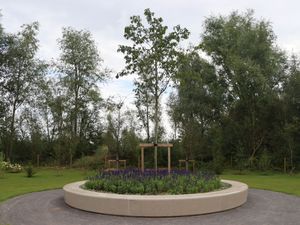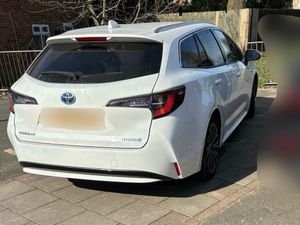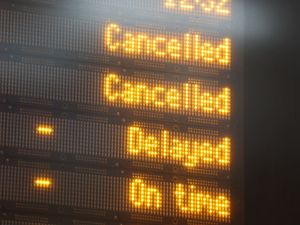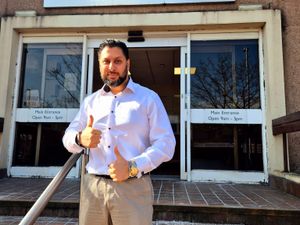Work well under way at historic Bean Foundry where 472 new homes will be built
Work is well under way on a site in the Black Country – which once was home to a car factory – for 472 new homes.
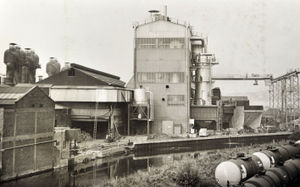
The development – built by Persimmon Homes – will be known as Coseley New Village.
It will sit on the 65.1 acre former brownfield site of Newey Business Park and the Bean Foundry on Birmingham New Road and Sedgley Road West.
The Bean Foundry, which dated from 1916, was part of the Bean Cars operation which made the Bean from 1921 to 1929 and also made light trucks until 1931. Bean also had its headquarters and a factory at Hall Street in Dudley.
The foundry, now demolished, closed in 2005.
Dudley Council leader Councillor Patrick Harley said that addressing the housing shortage was a priority for the council.
“This development will bring a range of homes for the local people of Dudley and will go some way towards addressing the housing shortage in our borough which is a priority for the council,” he explained.
Nick Wilkins, technical director at Persimmon Homes Central, said: “This is a fabulous site which will bring much needed homes to the Tipton/Coseley area. We will be offering a range of homes to suit local needs.
“Within the design of our development, we have incorporated a network of new public open spaces that link to the adjoining canal, which will make it a nice place for people to live.”
Sarah Preston, sales director at Persimmon Homes Central, said that the first show home is set to open in the early part of this year.
She continued: “Of the 472 homes, there will be 72 two-bed apartments, 144 two-bed houses, 221 three-bed houses and 35 four-bed houses.
“We look forward to opening our sales office and show home which is expected to be early in 2023.”
Houses have been earmarked for the land for many years. A scheme for 925 homes was given outline planning permission in March 2016 by Dudley Council.
That scheme has since been scaled back.
Back in 2011, plans were first revealed for a project called Coseley Eco Park, which would have seen 200 homes and a supermarket built. Planning permission was granted a year later only for the project to stall.
Bean Foundry was later part of Austin Rover but was sold in 1988 to German business Bruhl. Bruhl Uk at one time employed 700 making engine block castings for the Mini and Rover 200.
There was a management buyout in 2002 when it became Ferrotech and the numbers working there were 150 when it finally closed three years later.


